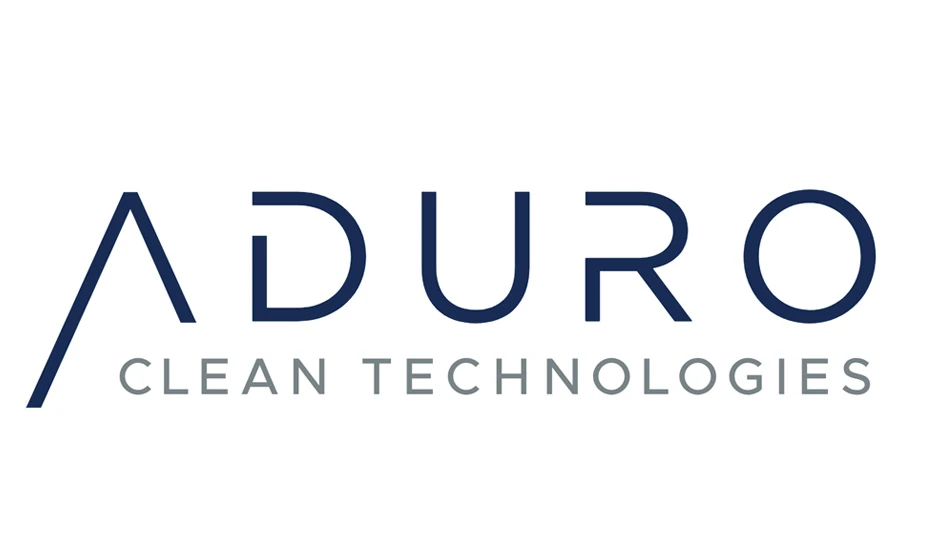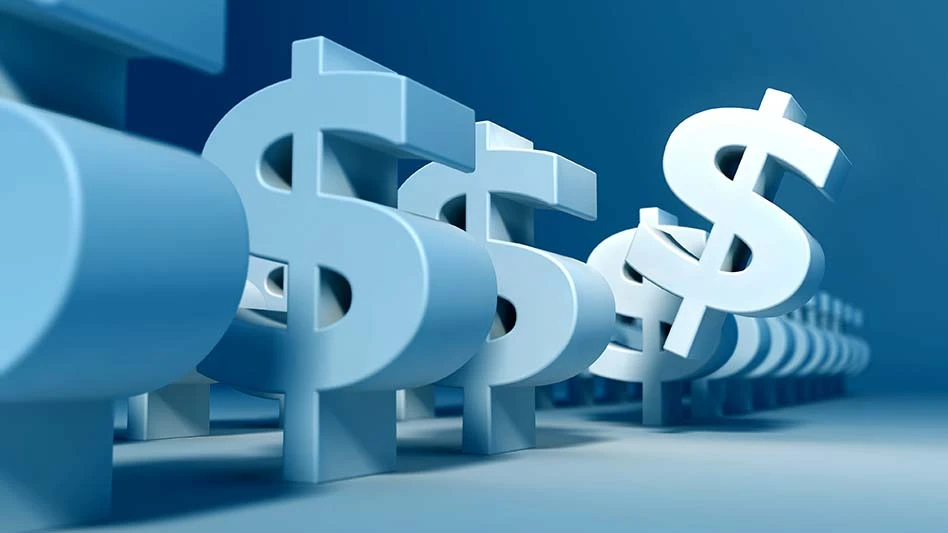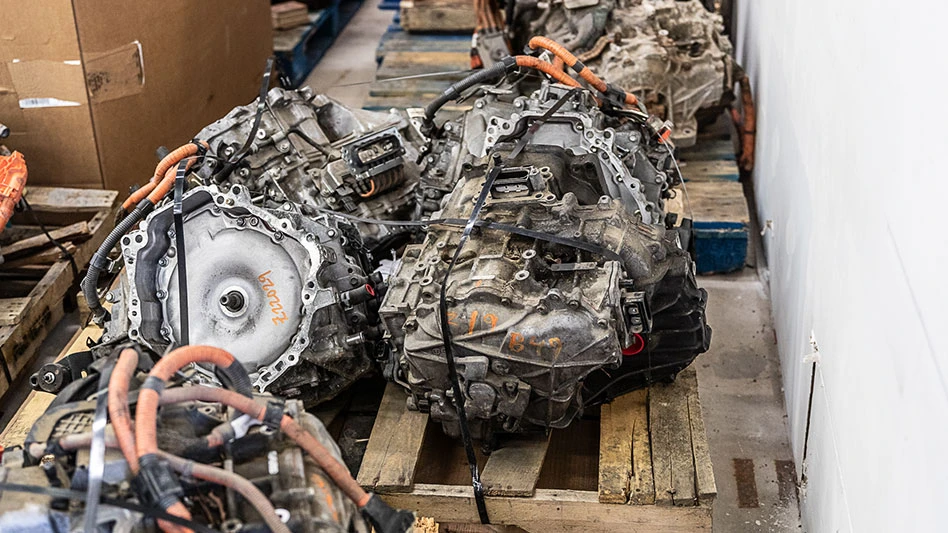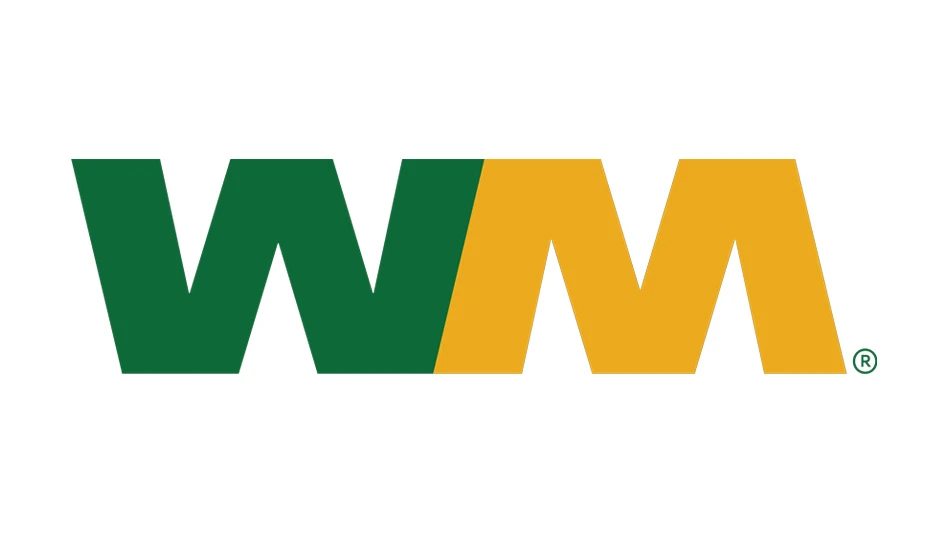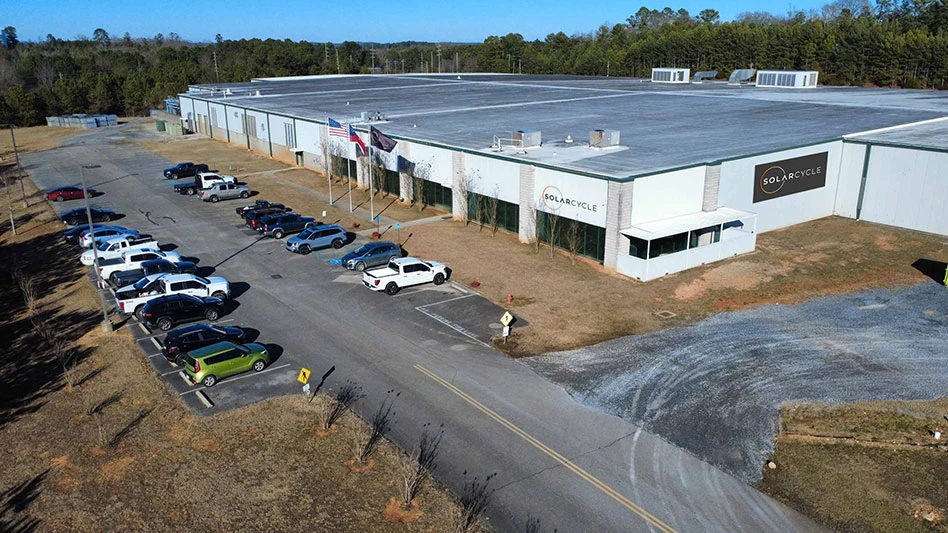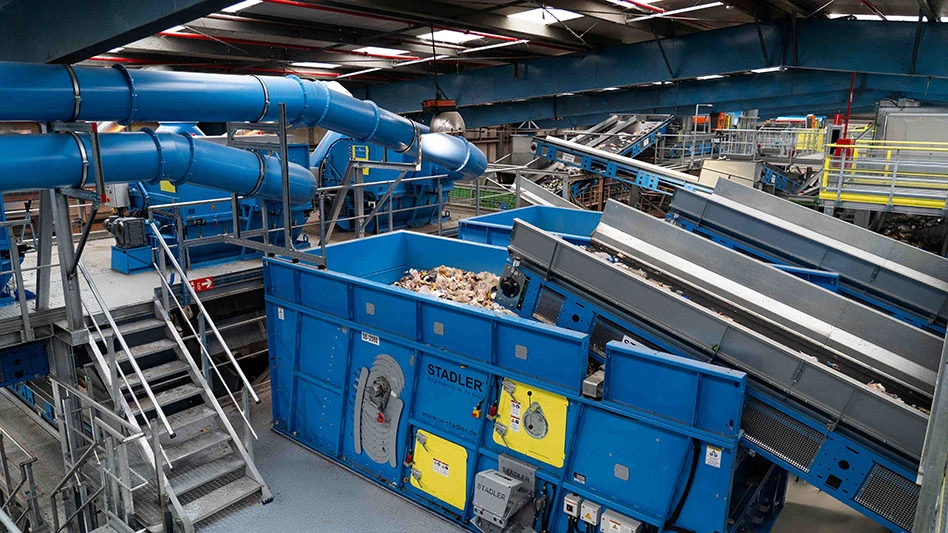
Photo courtesy of Aqua Metals
Aqua Metals Inc., the developer of AquaRefining technology, says it has produced lithium hydroxide from lithium-ion battery black mass at its Innovation Center in the Tahoe-Reno Industrial Center in Sparks, Nevada. In addition to producing lithium using a patent-pending proprietary process, the company says its R&D program at the Innovation Center is working to recycle the other key elements of lithium-ion batteries, such as cobalt (already plated), nickel, copper and manganese.
Late in 2021, Aqua Metals Inc. signed a collaboration agreement with LiNiCo Corp., McCarran, Nevada, to process lithium-ion battery black mass into high-quality metals.
Earlier in 2021, Aqua Metals invested $2 million, paid in Aqua Metals stock shares, for a 10 percent ownership stake in LiNiCo Corp. as part of the company’s strategy to apply AquaRefining intellectual property to lithium-ion battery recycling.
“This is an important step in demonstrating our proprietary Li AquaRefining process, which we think is environmentally and economically superior to other metals recycling methods,” says Ben Taecker, chief operations and engineering officer of Aqua Metals, which is headquartered in Reno, Nevada. “Our goal is to produce battery precursor grade lithium hydroxide, and these early results indicate we are on track for meeting this goal. This also confirms that we remain on schedule to start running our pilot-scale unit in the coming months.”
As governments and vehicle manufacturers take steps to phase out internal combustion engine vehicles to meet carbon emissions reduction targets, demand for lithium is increasing to the point where lithium shortages are being forecasted for the near term. Aqua Metals cites a report from Benchmark Mineral Intelligence that predicts acute deficits of lithium as early as this year. The price of lithium increased by more than 300 percent in 2021. It currently stands at approximately $58,000 per metric ton. Increased mining activity alone cannot mitigate the shortages, the company says, making recycling critical to meeting future demand.
“Morningstar Inc. has predicted that lithium-ion demand will likely outstrip production within the next five years, and demand for lithium will only continue to skyrocket as the world transitions from fossil fuels to a renewable energy economy,” says David Regan, Aqua Metal vice president of commercial. “As of today, the only commercially proven recycling technology for lithium-ion batteries is smelting, which has a negative environmental impact and does not recover the lithium or manganese. Applying the proven AquaRefining process to lithium-ion batteries has the potential to be an important industry breakthrough, as we believe it is the only truly sustainable recycling technology under development that recovers all the valuable metals and compounds without using high heat or consuming massive quantities of chemicals that create difficult to manage waste streams.”
Li AquaRefining recycles spent lithium-ion batteries by using the electron as the reagent instead of chemicals or high heat, Aqua Metals says. The emissions-free, room-temperature process uses about one-two-hundredth of the chemicals of a standard hydro process and does not generate the carbon footprint of a high-heat approach. The closed-loop process also recycles the chemicals it uses.
Latest from Recycling Today
- Volatility wave hits copper pricing
- ArcelorMittal legal battle with Italy continues
- Altor program boosts EPS recycling
- IP to spin off non-North American operations
- Flexible Film Recycling Alliance report outlines progress
- RERF opens Avagliano award nominations
- Eriez expands European sales network
- Gränges increases sales volume in 2025
